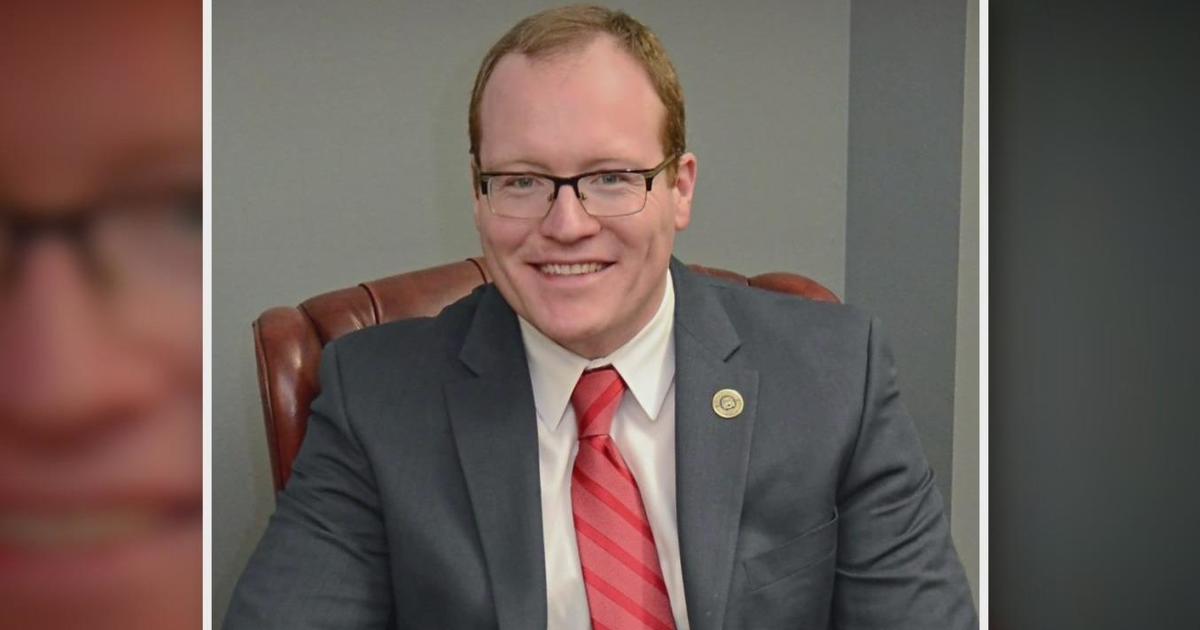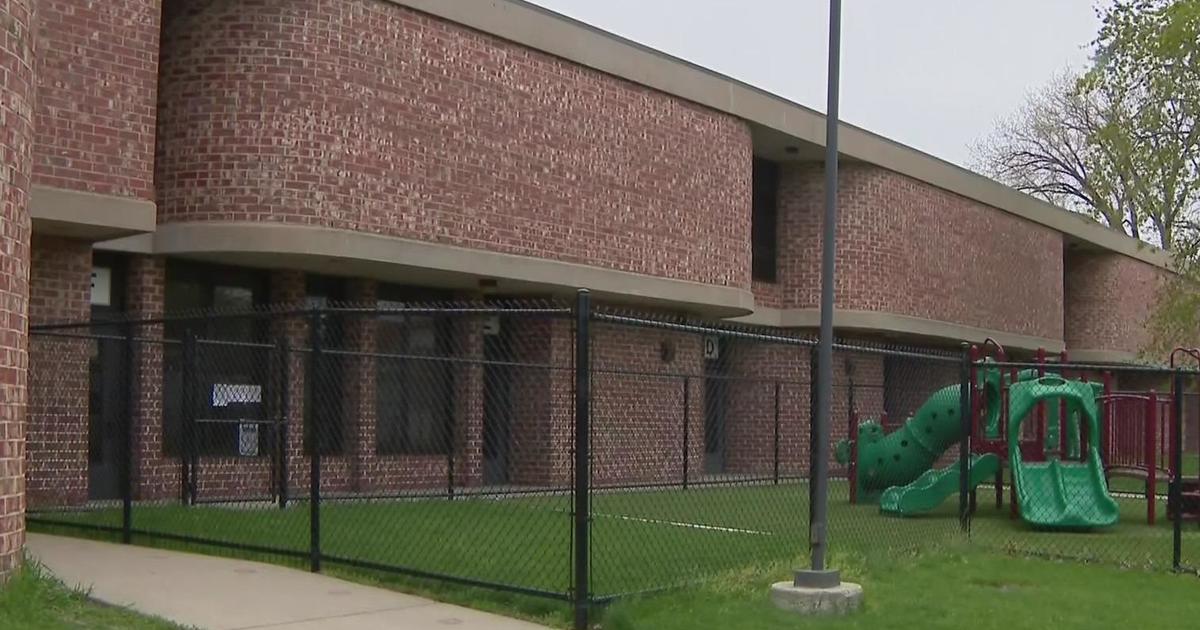Madigan: Budget Vote Helps With Tax Increase
SPRINGFIELD, Ill. (AP) -- House Speaker Michael Madigan said Wednesday that his chamber's effort to pass a budget without first securing all the needed revenue would aid a push to make an income tax hike permanent, but his colleagues in the Senate were not happy with the unusual move.
The clash between leaders in the two Democratic-led chambers comes as lawmakers are still trying to gather the necessary votes to extend the income tax hike in an increasingly public intersection of fiscal policy and election-year politics.
"Our purpose in advancing the budget first is to set the bar against which we will work to convince people to vote for the revenue," Madigan told reporters following a hearing at the state Capitol on expanding a state tax credit program. "We try to persuade people. We're not in the business of issuing threats."
Madigan needs 60 votes to pass an extension of the state's income tax increase in his chamber, a difficult goal even for the powerful Chicago Democrat and Illinois Democratic Party chair. Several of the 71 House Democrats are facing difficult re-election bids in moderate swing districts, and others have signed pledges to keep the state's 2011 tax hike temporary. Meanwhile, the chamber's 47 Republicans remain unified in their opposition to extending the increase.
While the House's budget move could make a tax vote more palatable for Democratic members there, it already is running into problems in the Senate. Two key budget negotiators there are among the lawmakers who have told Senate President John Cullerton that they don't support passing a budget without first passing a tax extension.
"It's not responsible," said state Sen. Dan Kotowski, a Park Ridge Democrat and appropriations committee chair. "I'd have a very hard time voting for a budget based on revenue that we don't have."
While the House plan's merits are debated, its legality is unlikely to be challenged, says Kent Redfield, professor emeritus at the University of Illinois Springfield. Redfield called the constitutional language governing the budget "ambiguous" and said it gives lawmakers leeway in the crafting their budget process.
Details of the House budget plan lie in more than 50 appropriations bills that were presented Wednesday to committees and could be voted on by the full chamber as early as Thursday. Overall, the plan closely mirrors the $38 billion budget Gov. Pat Quinn outlined in March, which is based upon an extension of the income tax extension that the Democratic governor says would prevent "savage" cuts.
The state's income tax rate is scheduled to roll back in January, with individual rates dropping from 5 percent to 3.75 percent. That would cause an estimated loss of $1.8 billion in revenue next year, according to the Commission on Government Forecasting and Accountability's latest estimate.
The issue is a focal point of the November election, when Democrats' veto-proof majorities in the House and Senate and control of the governor's mansion are on the line. Republicans have made cutting government spending a cornerstone of their campaigns, though they have largely declined to identify what they'd cut to make up for the drop in revenue.
State Sen. Heather Steans, a Senate appropriations chairwoman who like Kotowski says she can't support a spending plan without having hard revenue estimates in place, outlined a strategy in which the Senate would wait to act on any House spending plan until it also produced a revenue measure. Cullerton has said for weeks that he's confident he has the 30 votes needed for a tax increase in the Senate.
"I think we sit on their budget for a period of time and see what happens on the House on the Revenue. Hopefully they will send that over too," Steans said.
Steans noted, however, that the Senate's approval of a House budget is no sure thing.
"I would not rule anything out at this point," she said. "The reality of where we are in the session, getting the vote on revenue isn't easy."
Lawmakers also could put off a vote on the tax increase until after the November election or approve a spending plan for only part of the year.
"This is pretty fragile," Redfield said. "If you pass a budget that you can't fund and you can't get back to the tax increase until January, the financial rating agencies are going to go nuts, so there's a lot of risk in this."
(TM and © Copyright 2014 The Associated Press. All Rights Reserved. This material may not be published, broadcast, rewritten or redistributed.)



